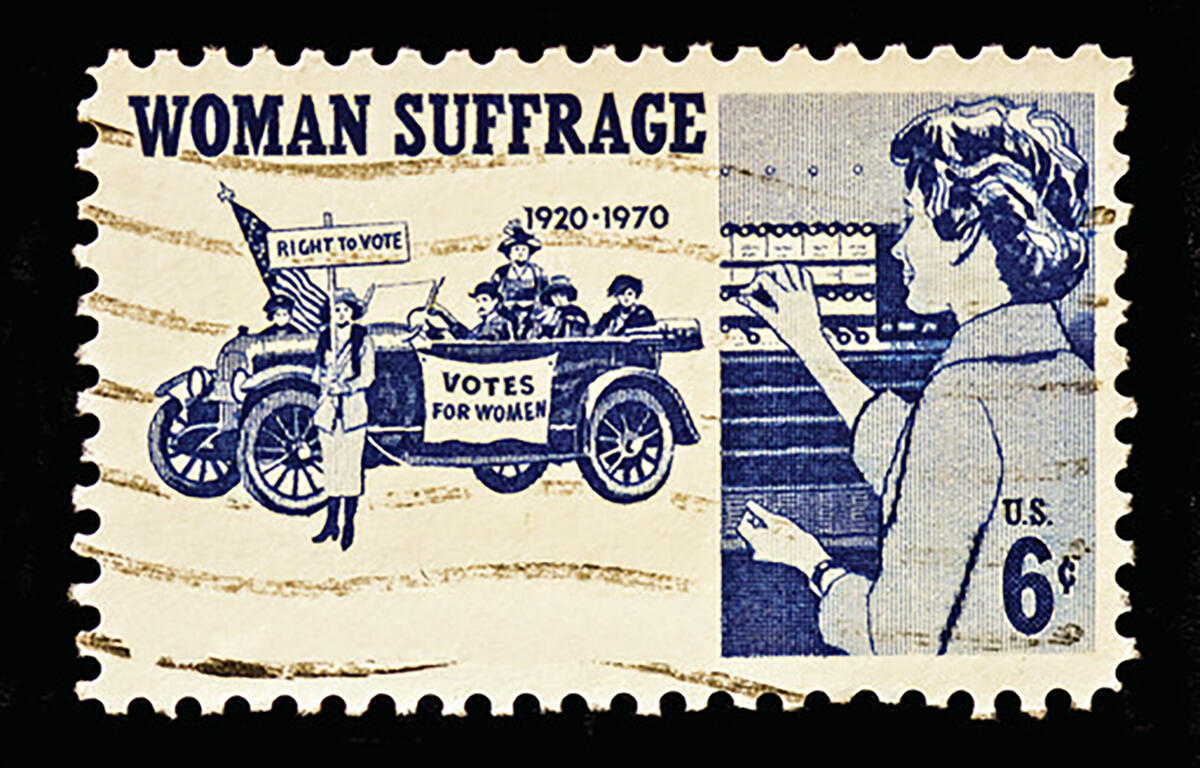ITHACA, NY (CortacaToday) — Helen H. Gardener (1853–1925) was an American author, orator, and suffragist, advocating on behalf of women’s rights and the right to free thought. She was born Alice Chenoweth, before she adopted the pen name “Helen H. Gardener” and gained prominence as a writer and social critic.

Women’s equality, scientific skepticism, and separation of church and state were among the topics she addressed in her work. She is remembered for her contributions to the suffrage movement as vice president of the National American Woman Suffrage Association and for being the first female appointee (appointed by President Woodrow Wilson) to the U.S. Civil Service Commission.
Gardener’s writings, including novels and essays, challenged the societal norms of her time and continue to be recognized for their progressive stance on human rights and rational thought:
“The most fatal blow to progress is slavery of the intellect. The most sacred right of humanity is the right to think, and next to the right to think is the right to express that thought without fear.” – Helen H. Gardener, from the book Men, Women and Gods
Her contributions long endure not only through her writing; her brain has been kept for the furthering of education and science. It is stored at Cornell University in the Wilder Brain Collection in Ulis Hall. She donated her brain to the collection to prove that women’s brains are no way inferior to men’s. In an article following the study of her brain, The New York Times published that her lifelong contention that when given the same environment a woman’s brain is equal to a man’s was supported by the curator at the time in 1927, Dr. James W Paper.



